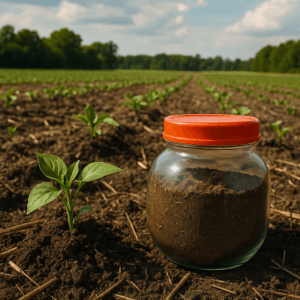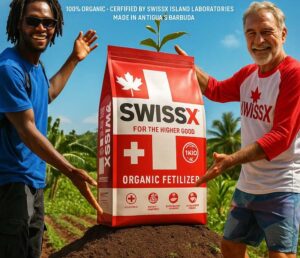Environmental and community groups in Virginia are protesting against plans to import sewage sludge fertilizer from Maryland, following discoveries of harmful chemicals contaminating the substance. With Maryland restricting its use, activists argue this could turn Virginia into a dumping ground for toxic materials.
Virginia Rejects Contaminated Sewage Sludge From Maryland Amid Environmental Worries

Virginia Rejects Contaminated Sewage Sludge From Maryland Amid Environmental Worries
A growing coalition in Virginia opposes Maryland's plan to import sewage sludge fertilizer, citing risks to agriculture and waterways.
In Maryland, alarming findings in 2023 revealed the presence of hazardous “forever chemicals” in the state’s sewage systems, which are utilized in creating fertilizers. As a protective measure for its agricultural and drinking water safety, Maryland has implemented restrictions on the application of such sewage sludge fertilizers. However, Synagro, a significant producer of sludge fertilizers, is pushing to broaden the use of this material across state lines into Virginia, raising concerns among residents.
Opposition arises from a diverse coalition of environmental advocates, fishermen, and select farmers alarmed by this potential influx. “These sewage sludge fertilizers aren’t safe enough for farms in Maryland, so they’re trying to bring them to Virginia,” stated Dean Naujoks of the Potomac Riverkeeper Network, a group dedicated to safeguarding water quality. “That’s simply unacceptable.”
Virginia may face the risk of becoming a dumping ground amid a nationwide trend, where states with looser regulations are targeted for the disposal of problematic sludge. Synagro, backed by a Goldman Sachs investment fund, has submitted applications to increase the use of contaminated sludge on its rural farmlands, igniting fears over the impacts on local agriculture and the health of vital waterways feeding into the Potomac River.
The rising outcry in Virginia reflects a deep-rooted concern about food safety and environmental integrity. As residents stand against the idea of importing toxic materials, the state finds itself at a critical juncture in balancing agricultural needs with public health and ecological preservation.























